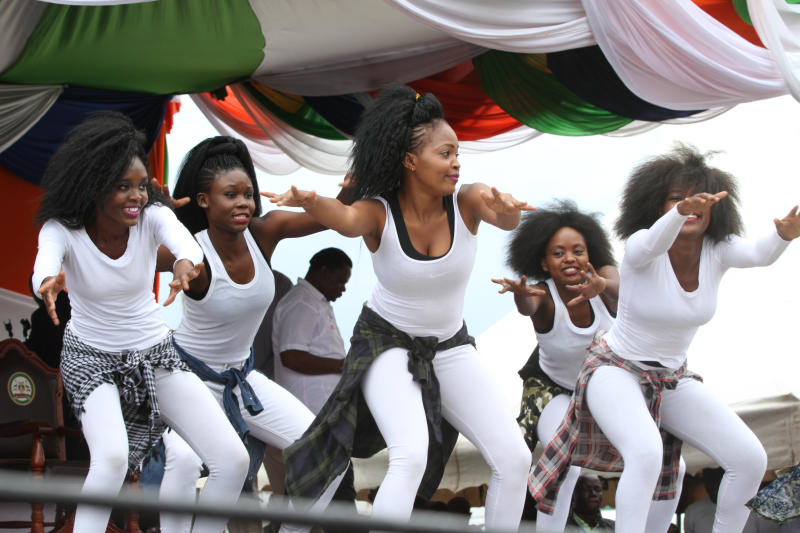×
The Standard e-Paper
Smart Minds Choose Us

The place of an artist in society has always been contentious. Artists have historically found themselves within the crosshairs of governments and even religious institutions.
Years back, thespians would be arrested, after staging performances at the Kenya National Theatre, and accused of staging seditious plays. Chinua Achebe, who is arguably the father of African literature, was also not spared after his novel A Man of the People was selected to be a primary reading for secondary school children.